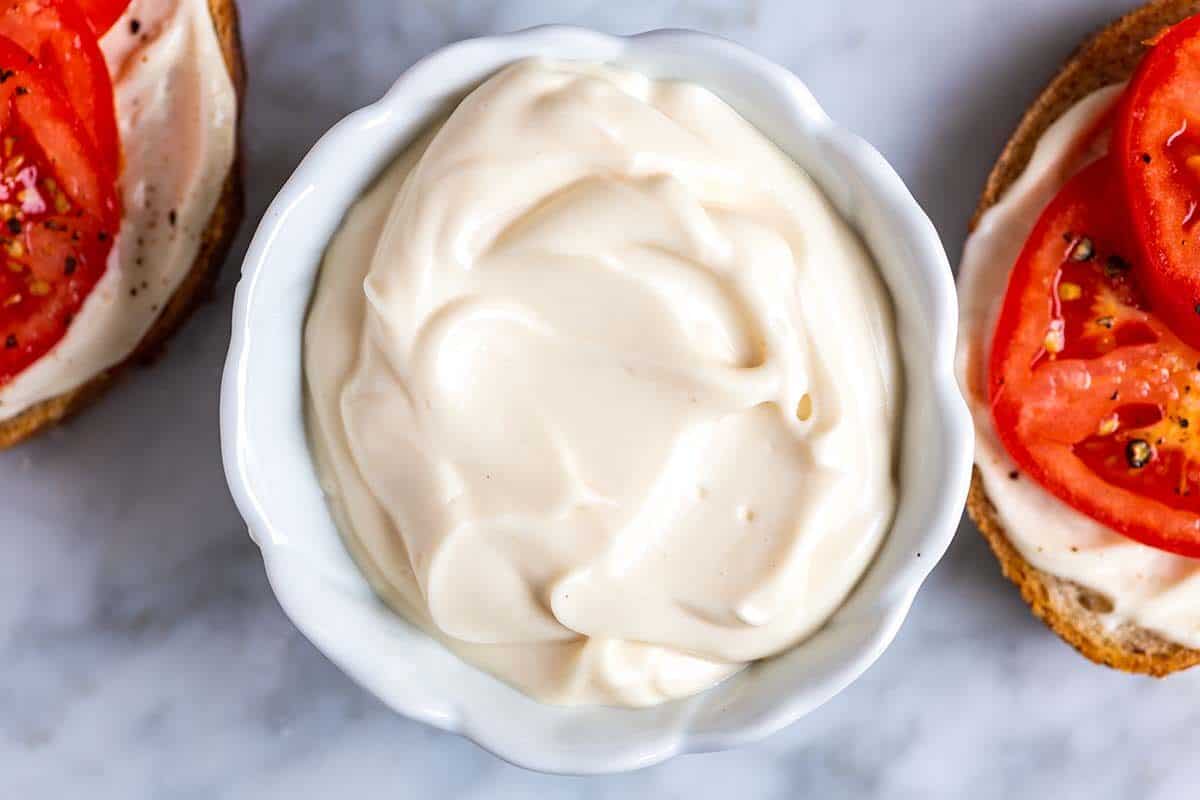Mayonnaise has been a culinary classic for decades, loved for its creamy texture and rich flavor. Traditionally made with egg yolks and oil, it’s a staple in sandwiches, salads, and dips. However, in recent years, there has been a noticeable shift towards plant-based eating, and as a result, the veg mayonnaise revolution is in full swing. In this blog, we will explore the latest trends and innovations in the world of vegan mayonnaise, a delicious and eco-conscious alternative that’s changing the way we think about condiments.
The Rise of Veganism
Veganism, a dietary and lifestyle choice that eschews all animal products, has seen a surge in popularity in recent years. Many people are adopting vegan diets for various reasons, including ethical, environmental, and health concerns. As a result, there has been an increased demand for plant-based alternatives to traditional food products, including mayonnaise.
Traditional Mayonnaise vs. Vegan Mayonnaise
Traditional mayonnaise, while beloved for its taste and versatility, contains eggs and is therefore not suitable for vegans. This dietary restriction has paved the way for vegan mayonnaise, which replaces the egg component with plant-based alternatives. But what sets vegan mayonnaise apart from traditional mayonnaise?
Egg-Free: The primary distinction is the absence of eggs in vegan mayonnaise. Traditional mayonnaise relies on egg yolks to emulsify the oil and create the creamy texture. Vegan mayonnaise uses ingredients like aquafaba (the liquid from canned chickpeas), soy protein, or pea protein to achieve a similar emulsification effect.
Dairy-Free: Vegan mayonnaise is dairy-free, which is not always the case with traditional mayonnaise. This means that those who are lactose intolerant or following a strict vegan diet can enjoy it without concern.
Environmentally Friendly: The production of traditional mayonnaise often involves significant resources and waste. In contrast, vegan mayonnaise has a smaller environmental footprint, as it avoids the resource-intensive processes associated with egg production.
Innovations in Vegan Mayonnaise
The veg mayonnaise revolution has not just been about adapting the traditional recipe to make it plant-based. It has also been about pushing the boundaries of what mayonnaise can be. Here are some notable innovations:
Flavor Varieties: Traditional mayonnaise comes in a single flavor profile. In contrast, vegan mayonnaise has diversified into a wide range of flavors, from classic and garlic to spicy sriracha and smoky chipotle. This versatility allows for more creative culinary applications.
Healthier Ingredients: Some vegan mayonnaises are made with healthier fats like avocado oil or olive oil, which offer additional health benefits compared to the saturated fats often found in traditional mayonnaise. These healthier ingredients cater to those who are looking for a lighter condiment option.
Eggless Binders: The use of innovative egg substitutes has led to eggless binders like aquafaba, a staple in vegan mayonnaise. Aquafaba’s ability to create a stable emulsion is remarkable, and it has extended beyond vegan mayonnaise to other culinary applications, such as meringues and baked goods.
Fermentation: Some vegan mayonnaises are made through fermentation, a process that not only adds flavor but also provides gut-healthy probiotics. This innovative approach not only contributes to the mayonnaise’s taste but also enhances its nutritional profile.
Vegan Mayonnaise in Everyday Recipes
The veg mayonnaise revolution is not limited to niche products in health food stores; it has entered the mainstream and can be found in most supermarkets. As a result, many people are incorporating vegan mayonnaise into their everyday recipes, not just vegans. Here are some ways you can use vegan mayonnaise in your kitchen:
Vegan Sandwiches: Replace traditional mayonnaise with vegan mayonnaise in your sandwiches. It provides that creamy texture and tangy flavor without the use of eggs or dairy.
Dressings and Sauces: Vegan mayonnaise is an excellent base for homemade salad dressings and sauces. Mix it with lemon juice, herbs, and spices to create your unique concoctions.
Dips: Use vegan mayonnaise as a base for creamy dips. Add garlic, dill, or sriracha for different flavors that pair well with vegetables, chips, or finger foods.
Baking: In baking, vegan mayonnaise can be used to add moisture and richness to recipes. It’s a great egg substitute in many baked goods, such as cakes, cookies, and muffins.
Potato Salad and Coleslaw: You can make classic side dishes like potato salad and coleslaw entirely vegan by using vegan mayonnaise. The result is just as creamy and delicious.
The Sustainable Choice
The veg mayonnaise revolution is not just about dietary preferences; it’s also a sustainable choice. Traditional egg production is associated with high greenhouse gas emissions and resource use. By choosing vegan mayonnaise, you are contributing to a more sustainable food system and reducing the environmental impact of your meals.
Conclusion
The veg mayonnaise revolution is not a passing trend but a significant and lasting shift in our approach to condiments. Vegan mayonnaise has opened up new culinary possibilities, diversified flavor options, and introduced a more sustainable and ethical alternative to traditional mayonnaise. Whether you’re a vegan, a flexitarian, or simply looking for a healthier and more environmentally friendly option, the innovations in vegan mayonnaise make it a condiment worth trying. It’s no longer just a substitute; it’s a delicious revolution in its own right.
Craving the Delight of Veg Mayonnaise in Vadodara? Your Vegetarian Culinary Partner is Here!


